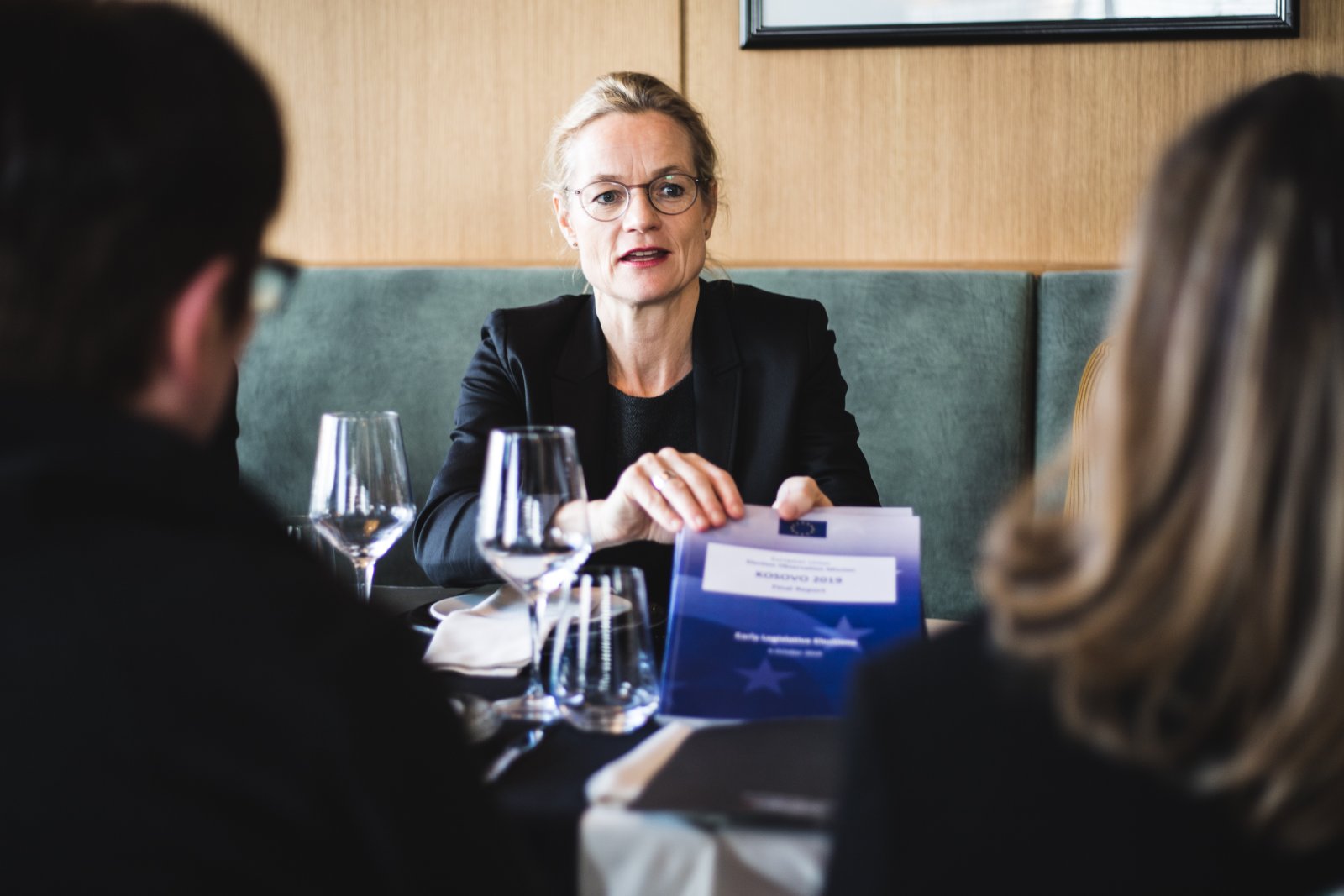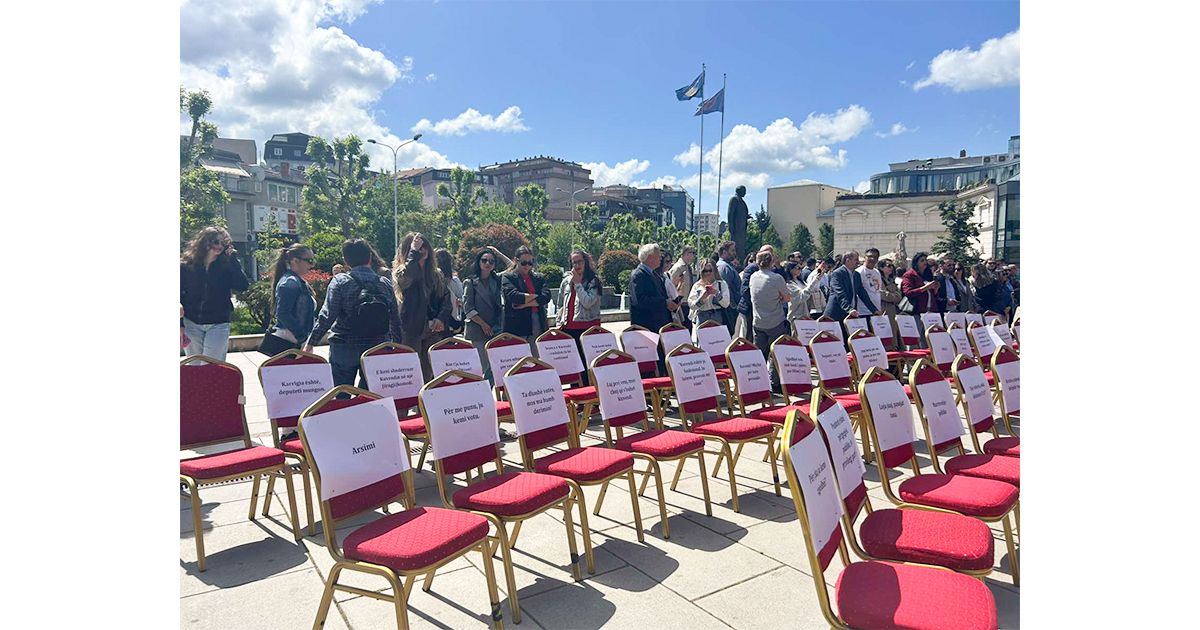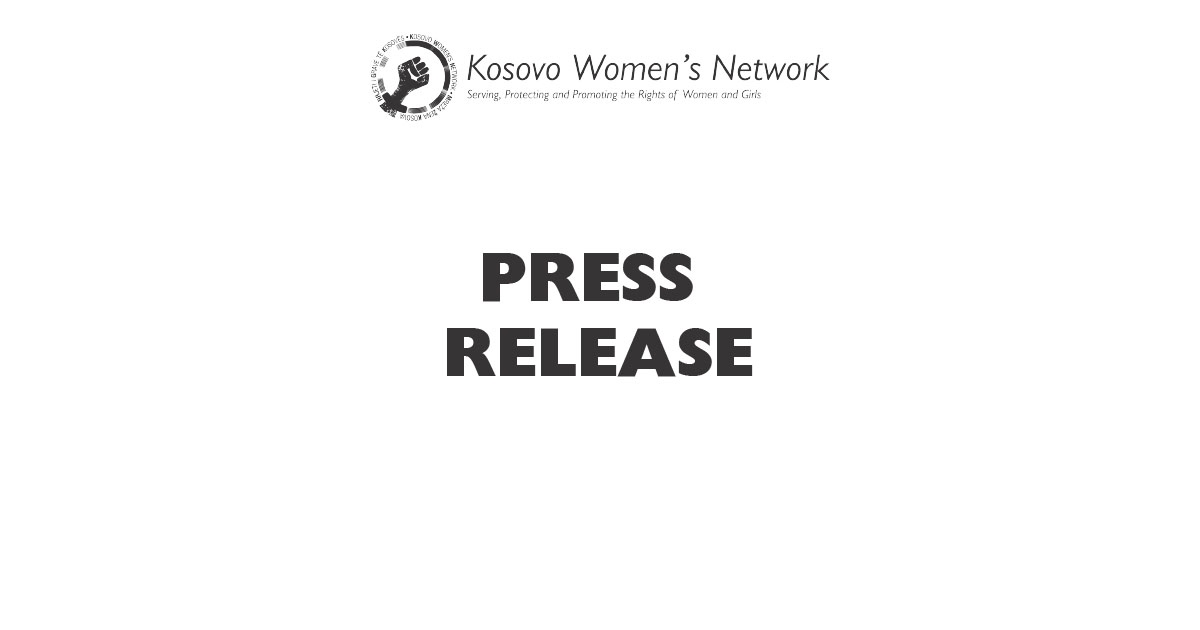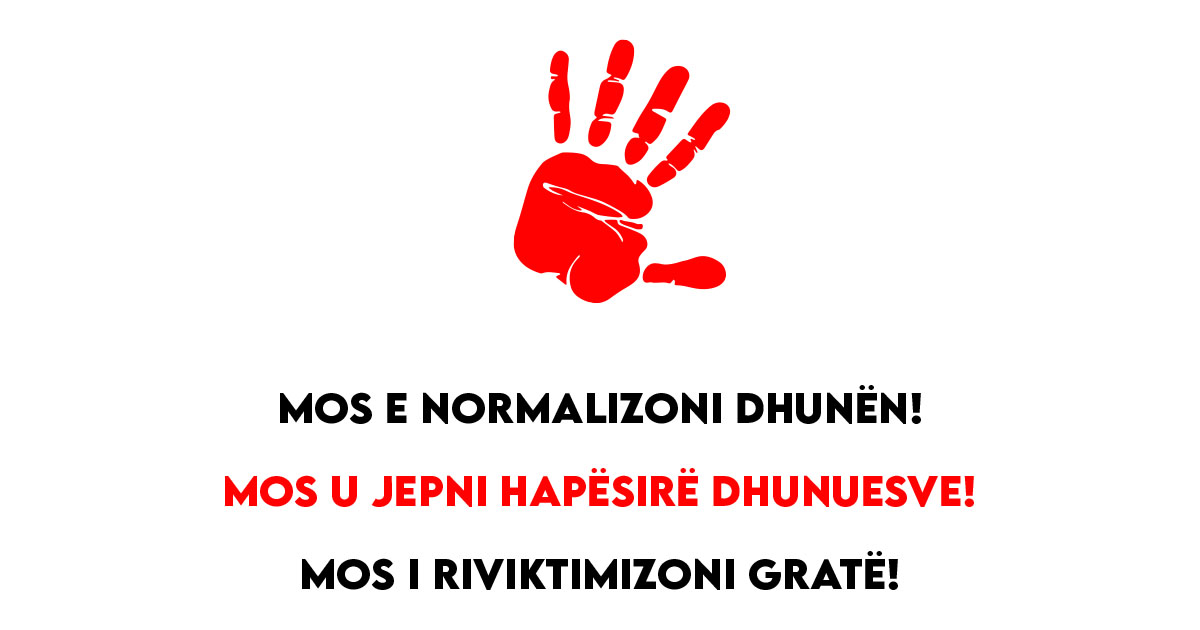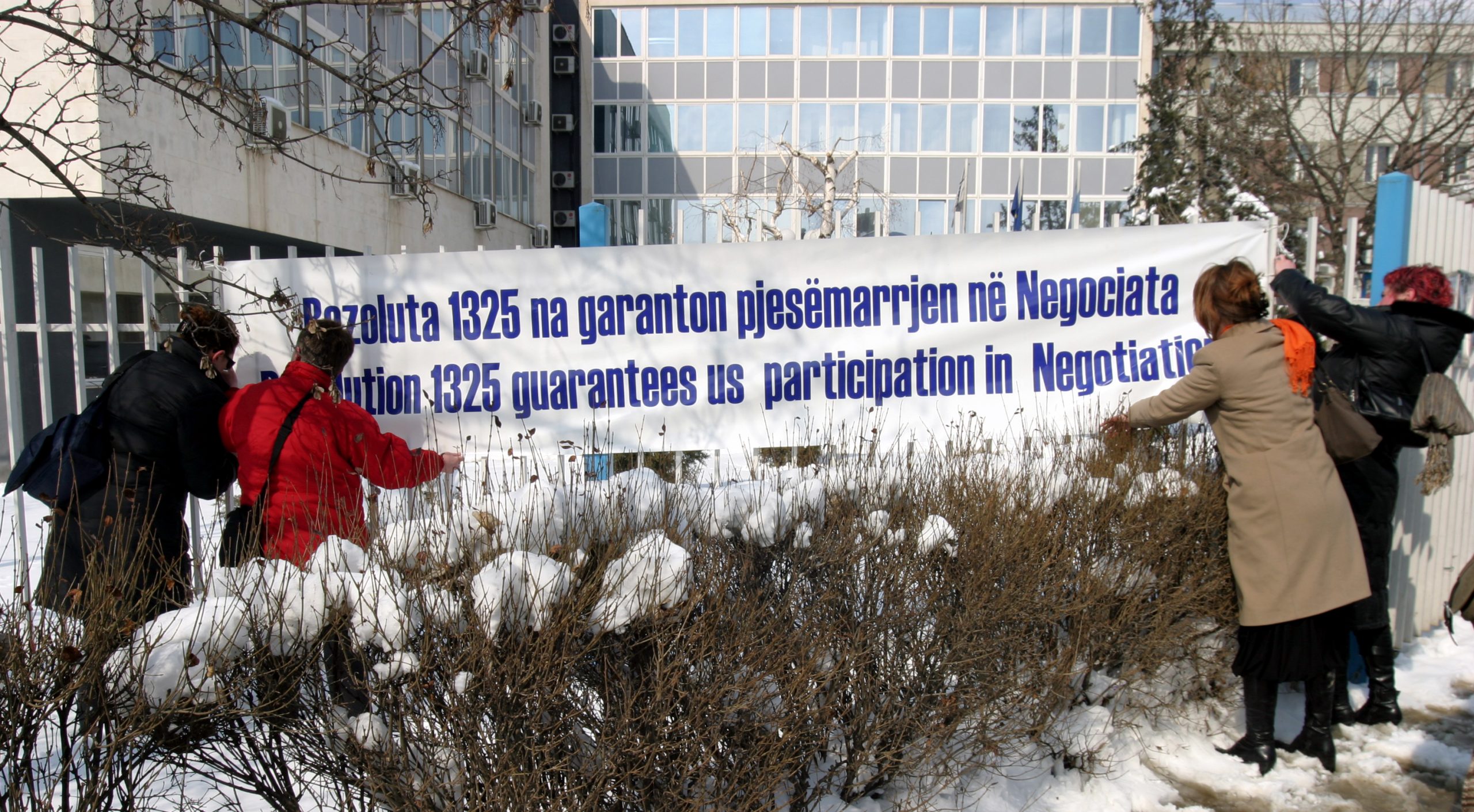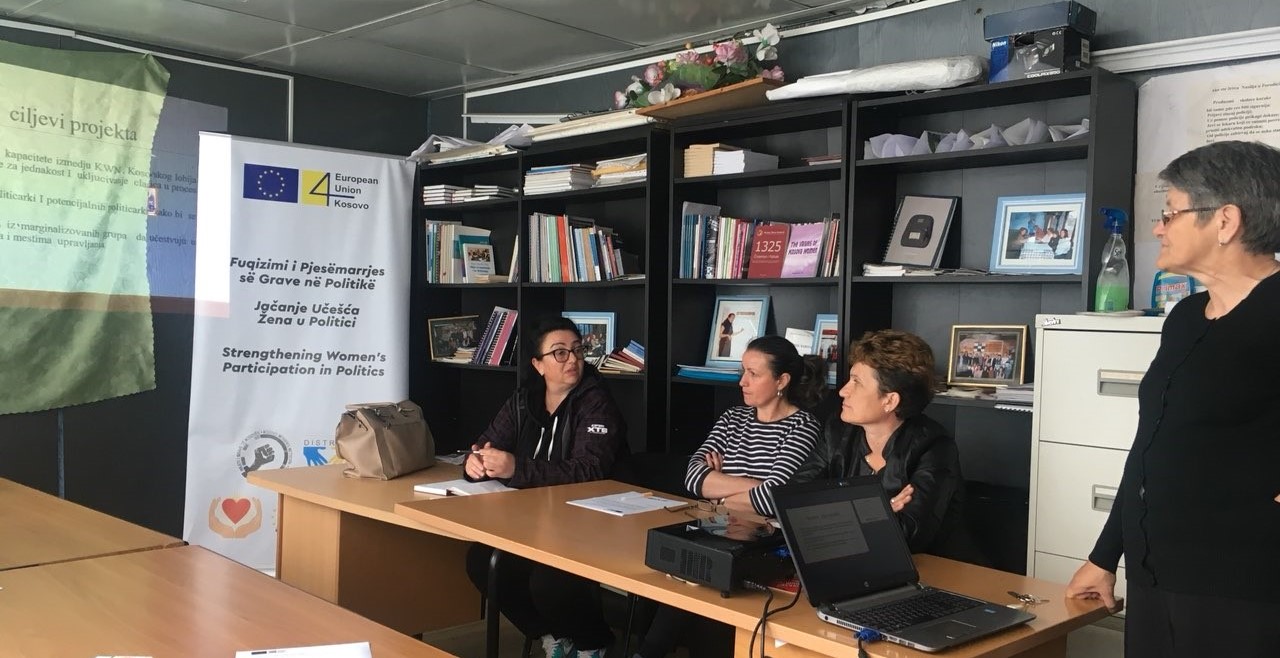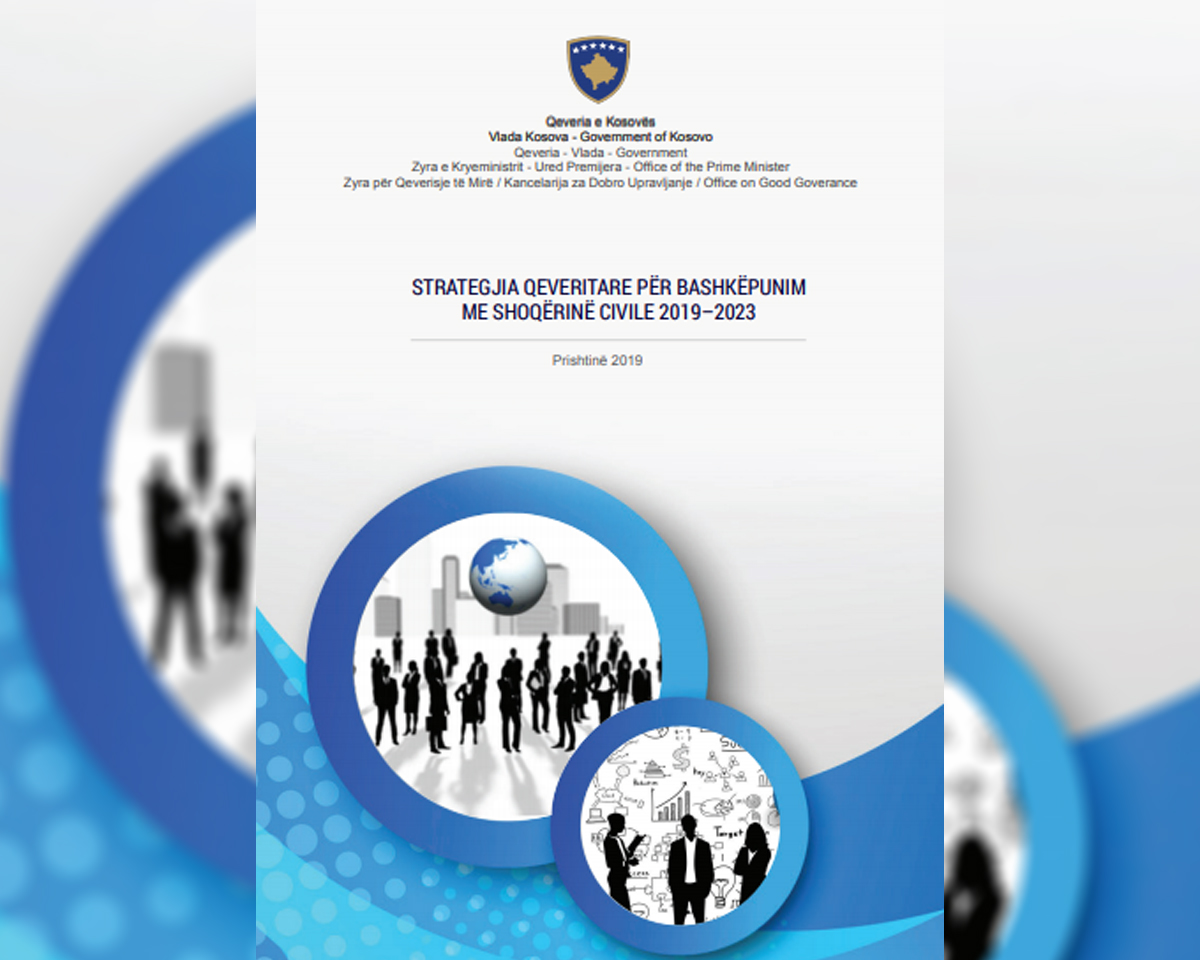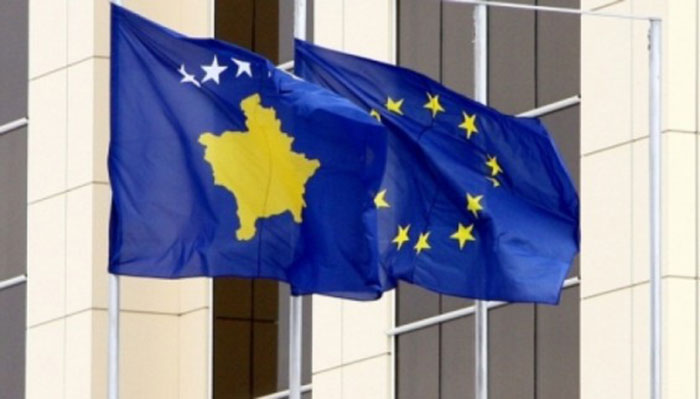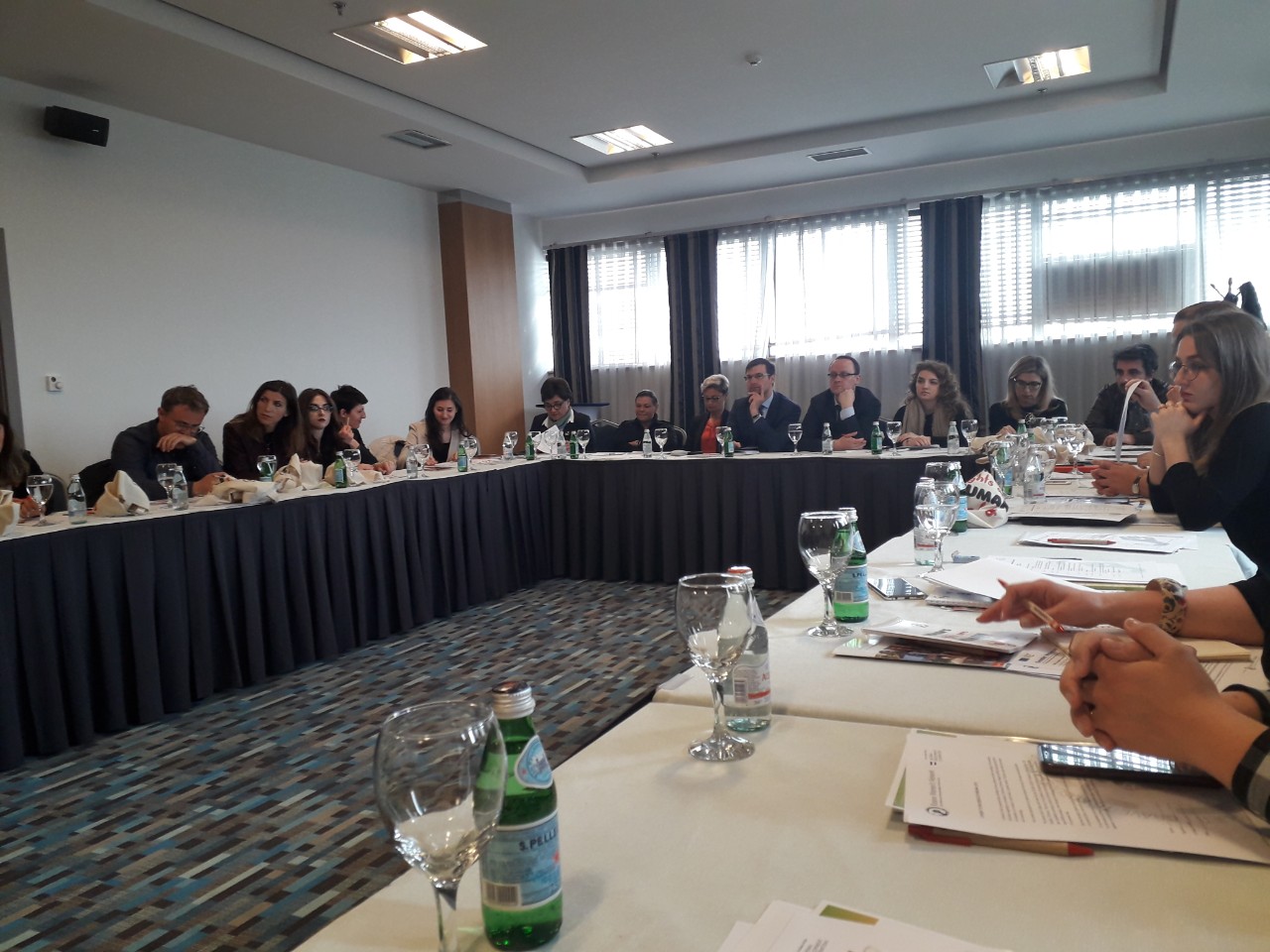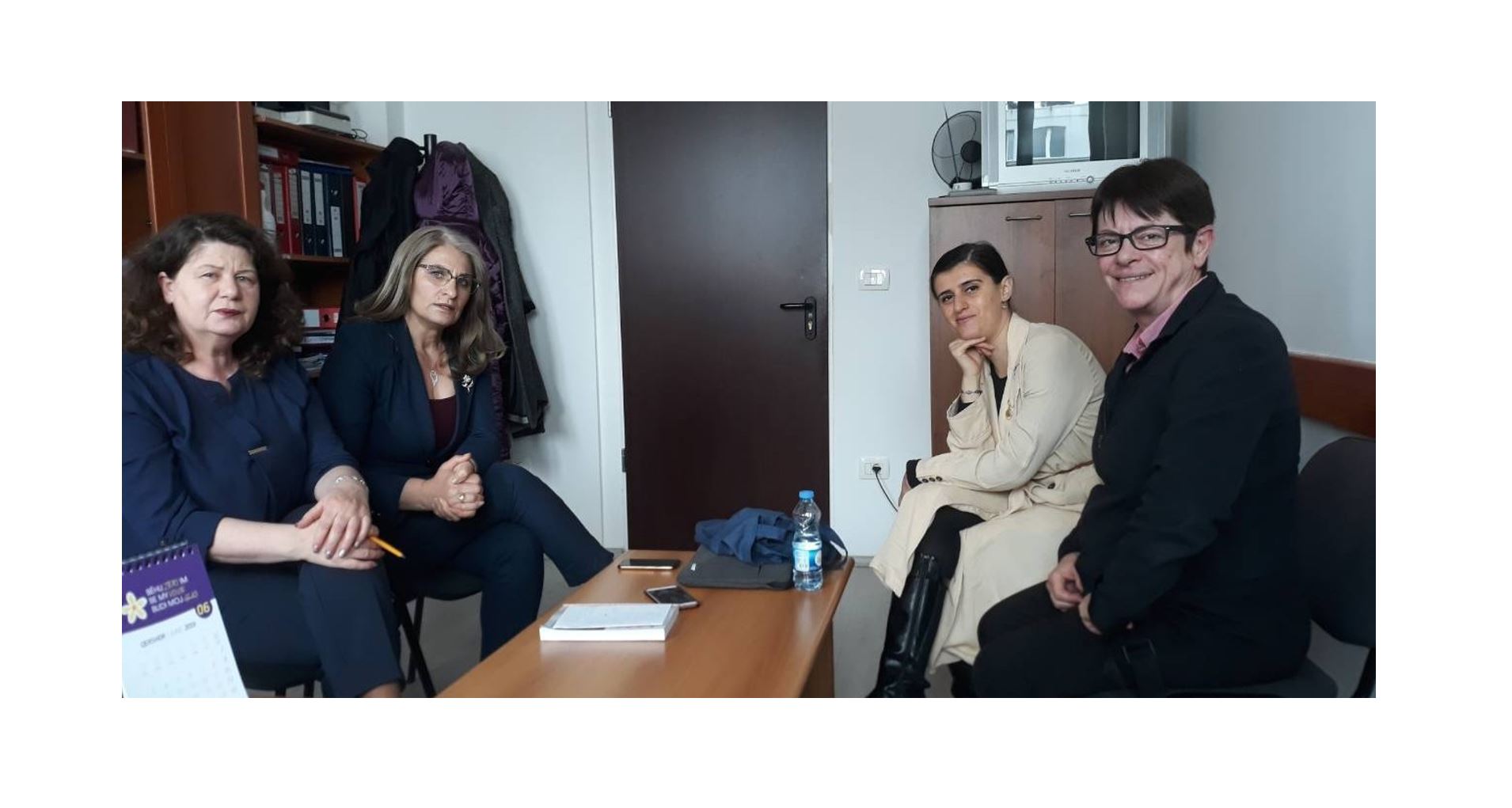The Kosovo Women’s Network (KWN) and its partners in the Coalition of Women’s Rights Organisations against Discrimination in the Western Balkans have awarded 14 grants to civil society organizations (CSOs) through the Kosovo Women’s Fund, amounting to €198,275. The grants are part of a joint initiative, “Furthering Women’s Labour Rights”, funded by the European Union and co-funded by Swedish International Development Cooperation.
Of the 14 CSOs receiving grants, two from Kosovo signed contracts on 13 January: The Kosovo Law Institute (Instituti i Kosovës për Drejtësi) from Pristina with the initiative “Improving Women’s Rights at Work” (€19,950), which will provide legal aid and undertake court monitoring; the Kosovo Center for Gender Studies (Qendra Kosovare për Studime Gjinore) from Pristina with the initiative “Prevention of all forms of discrimination in the workplace” (€10,000), which will raise women’s awareness and empower them to report discrimination.
This marks the first time that KWN has awarded grants to CSOs in the region through its Kosovo Women’s Fund. Other CSOs in the region that will receive grants include:
Albania
Albanian Women Empowerment Network in Tirana with the initiative “Improving Women’s Rights at Work through Improving Access to Justice” (€20,000); Community Development Center ”Today for the Future” (Qendra për Zhvillim Komunitar “Sot për të ardhmen”) in Tirana with the initiative “Advocating for Improving Institutional Response to Gender-based Discrimination at Work by Sharing Practices in the Municipality of Lezha and Creating Interactions with the Committee for Protection from Discrimination at Work” (€10,000); and the Counseling Line for Girls and Women (Linja e Këshillimit për Gra dhe Vajza) in Tirana with the initiative “Empowering Women and Girls to Report Gender-based Discrimination” (€9,990).
Bosnia and Herzegovina
United Women Network Foundation (Fondacija Udružene žene) in Banja Luka with the initiative “Improving Women’s Position in Employment and Preventing Gender-based Discrimination in Bosnia and Herzegovina” (€19,814); and the Foundation Academy for Women (Fondacija Academy for Women) in Sarajevo with the initiative “This Is Discrimination Too” (€10,000).
North Macedonia
The Helsinki Committee for Human Rights in Skopje with the initiative “Women Workers Join” (€19,998); and the Association Loud Textile Worker in Stip with the initiative “Promoting the Rights of Textile Workers from the Eastern Region” (€9,998).
Serbia
The Victimology Society of Serbia (Viktimološko društvo Srbije) in Belgrade with the initiative “Know Gender Discrimination, Identify Violations of Labour and Employment Law! React!” (€19,942); the A 11 – Initiative for Economic and Social Rights (A 11 – Inicijativa za ekonomska i socijalna prava) in Belgrade with the initiative “Improving Institutional Practices in Preventing Discrimination against Women in the Labour Market in Serbia” (€8,930); and ROZA Association for Women’s Labour Rights (ROZA Udruženje za radna prava žena) in Zrenjanin with the initiative “What Is Awaiting Me in the Labour Market” (€9,754).
Montenegro
The Trade Union of Media of Montenegro (Sindikat Medija Crne Gore) in Podgorica with the initiative “Equality through Justice: Work-related Discrimination Cases” (€20,000); and the Association of Youth with Disabilities (Udruženje Mladih sa Hendikepom) in Podgorica with the initiative “Empowered, Employed, Involved” (€9,997).
Research conducted by Coalition members in 2018 found that gender-based discrimination in the workplace is a key issue hampering women’s employment and undermining their rights at work.
Concerned by women’s low employment rates and evidence of widespread discrimination against women in relation to work, the Coalition will work closely with other CSOs in the region, including the above-mentioned grant recipients, to address the recommendations resulting from this research.
This joint Action aims to empower diverse CSOs to effectively hold relevant institutions accountable for implementing anti-discrimination legislation related to women’s labour rights.
The grant recipients were selected from a total of 70 applicant, based on critera established by the Grant Review Committee. The Committee was comprised of members of the Coalition, including: the Kosovo Women’s Network, Reactor – Research in Action from North Macedonia, Gender Alliance for Development Centre from Albania, Helsinki Citizens’ Assembly Banja Luka from Bosnia and Herzegovina, Women’s Rights Centre from Montenegro and the Kvinna till Kvinna Foundation from Sweden through its office in Serbia.
Since 2012, the Kosovo Women’s Fund has awarded 174 grants, supporting 99 different CSOs, totalling €952,022. To date, the Fund has had more than 20,855 beneficiaries.
For more information, see: https://womensnetwork.org/kosovo-womens-fund/.

